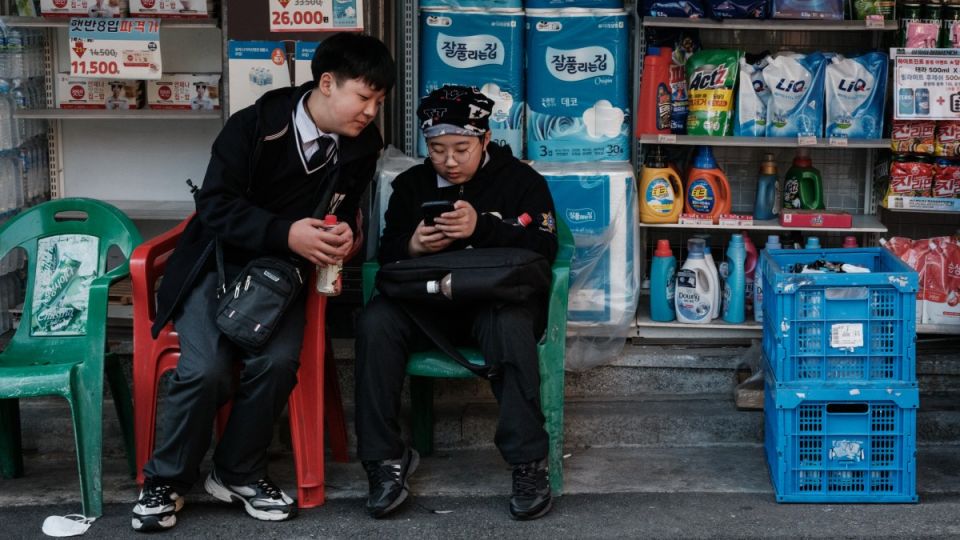September 16, 2025
SEOUL – As deepfake crimes by teenagers continue to increase, data from the National Police Agency showed Monday that the number of sex crimes related to illegal filming committed by teens nearly doubled from 2020 to 2024.
Last year, 1,372 teenagers were accused of committing sex crimes such as filming other people’s bodies with cameras and creating or distributing sexually exploitative images and videos using deepfake technology. The number rose each year from 710 in 2020 to 941 in 2021, 1,040 in 2022 and 1,224 in 2023, according to a report compiled by Rep. Kang Kyung-sook of the minor opposition Rebuilding Korea Party, based on figures provided by the NPA.
Deepfake crime specifically increased 10-fold from 52 cases in 2022 to 548 in 2024. According to the 2024 report by the NPA, 78.9 percent of the individuals accused of deepfake sex crimes — 251 out of 318 overall — as of September were in their teens.
In just the first eight months of this year, 556 teenagers were accused of deepfake sex crimes, which is far more than during the same period last year and already exceeds the total for the entire year. As of August, 59.4 percent of the deepfake sex crime suspects were in their teens.
Surveys indicate that a substantial number of students are unaware of the severity of sex crimes using deepfake technology.
The Ministry of Education in December announced the results of a survey of 2,145 middle and high school students on their views of illegal deepfake videos and images. Some 62.2 percent of respondents in middle school said deepfakes were created “as a prank,” while 47.7 percent of those in high school thought so.
“There is growing concern over crimes using deepfake technology, but there are not enough measures to effectively curb such crimes. … We must ensure that children are educated about how serious digital sex crimes are,” Kang said.
Overall sex crimes by teenagers spiked from 2,688 in 2020 to a peak of 4,578 in 2022, but declined to 4,260 in 2024.


